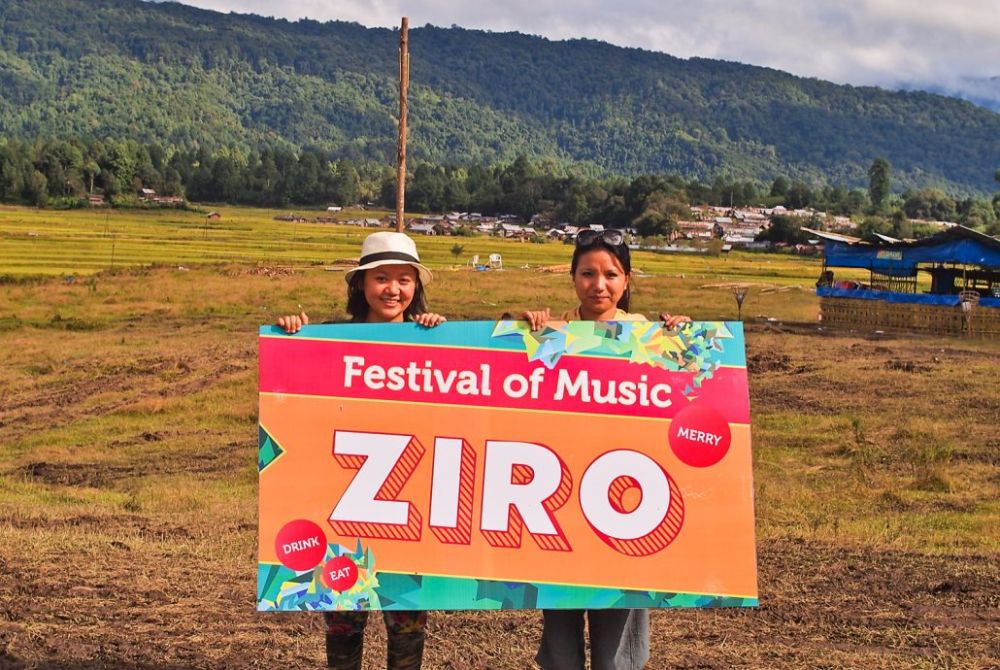

Ziro, a picturesque destination in the northeastern state of Arunachal Pradesh, India, has been on the tourism radar for several decades. The history of tourism in Ziro is linked with its scenic beauty, rich tribal culture, and lush green landscapes. It wasn't until the advent of the Ziro Music Festival, however, that tourism in the region saw a significant transformation.
Traditionally, Ziro attracted travelers who were keen to explore the unique culture of the Apatani tribe and the region's natural beauty. The paddy cum fish cultivation, an ingenious farming method developed by the Apatani people, is also a major draw. However, the introduction of the Ziro Music Festival has placed Ziro on the global map, drawing a diverse crowd of music enthusiasts, adventure seekers, and culture explorers.
The Ziro Music Festival was first held in 2012, and since then, it has become one of India's most unique outdoor music events. The festival is spread over four days and showcases a blend of indie, folk, and electronic music performances from artists across the globe. Not only does it provide a platform for emerging musicians, but it also introduces attendees to the indigenous culture of the Apatani people.
Set against the backdrop of the verdant Ziro Valley, the festival is also a celebration of the rich natural heritage of Arunachal Pradesh. Attendees camp in the great outdoors, often using the festival as an opportunity to reconnect with nature.
The festival has been instrumental in putting Ziro on the map, not just for domestic travelers but also for international tourists. It has played a vital role in increasing awareness about this remote Northeast Indian destination, generating interest among a broader audience and contributing to the local economy.
The popularity of the Ziro Music Festival has led to a rise in experimental and eco-friendly tourism trends in the area. Sustainable practices and respect for the local culture and environment have become a priority for visitors and organizers alike.
One of the latest trends is the focus on community-based tourism, where travelers actively engage with local tribes, participate in their daily activities, and contribute to preserving the traditional lifestyle. There is also an increasing interest in trekking and exploring the lesser-known trails of the Ziro valley, which are perfect for adventure seekers.
Additionally, there is a push toward promoting homestays over conventional hotels, allowing tourists to experience authentic Apatani hospitality. This serves to create a more immersive cultural experience and ensures the benefits of tourism are distributed equitably amongst local residents.